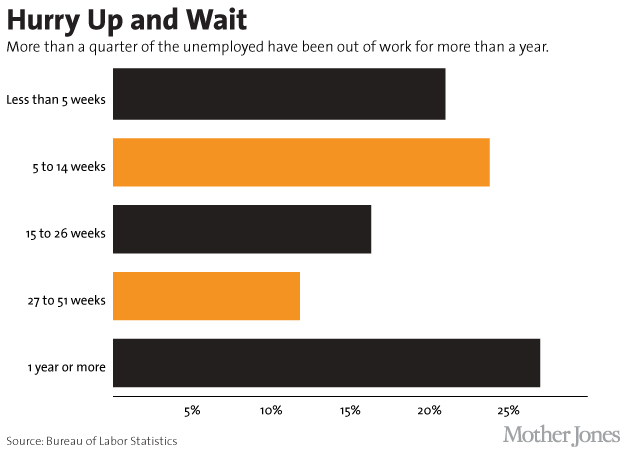
A late Christmas present
MIAMI – You can’t blame the postal service for this one. On December 28, 1.3 million American workers got a late Christmas present from the federal government. Their unemployment benefits were cut off. Scrooge could do no better.

Who are these people? They are the long-term unemployed, people who have been fruitlessly looking for work for more than six months. They are, in other words, the most unfortunate and the most desperate among the many more millions of workers who are still unemployed mainly because of the 2008 financial implosion and the slow-motion recovery of the last four years.
Most of them have done everything imaginable to find work, sent out hundreds or thousands of resumes and networked, some have even picked up and moved to another part of the country. And that was before the benefits cutoff. They responded to the loss in income by pawning their jewelry, borrowing from relatives and friends and in some cases moving in with them. And that was before their meager unemployment compensation was cut off. Now they are considering even more drastic measures, like selling their cars, without which they wouldn’t be able to hold a job in our public transport challenged society.
Six months is a long time to be out of work. In this country especially, where the social safety net is in shreds and where a high proportion of the population lives from paycheck to paycheck, it is a disaster. The long-term unemployed often are people who lived close to the edge even when they had work and who, not surprisingly, often had a negative savings rate. Their monthly expenses exceeded their earnings, and they made up the difference by sinking into debt.
This whole debacle came about because Republicans in Congress forced the Democrats and the president, at the point of a gun, or its political equivalent, defunding and shutting down the entire government, to agree to throw the long-term unemployed under a bus.
Undoubtedly, there will be some especially wounded souls who, because of this measure, will literally throw themselves in front of a train or blow out their brains, or someone else’s. It’s not hard to understand when you consider the odds. The long-term unemployed have the least chance of being hired, a mere 15 percent. What is being done to these fellow citizens is called institutionalized violence. And violence breeds violence.
Although the ranks of the long-term unemployed include people of all races, ages, and levels of education, disproportionally the victims of this heartless policy are people who have trouble getting a job even in a normal economy: older people, the less educated, Latinos and, especially, blacks. Republicans have an impressively high threshold for pain, that is for other people’s pain, especially if they are not part of their base. Naturally, blacks, who for good reason are an infinitesimal proportion of the GOP base, get the harshest treatment of all.
In a recent interview with Bill Moyers, author Thomas Cahill, who has written a number of notable historical works, including “How the Irish Saved Civilization,” said that in his view there really are only two parties in history, the party of kindness and the party of cruelty. Although Republicans are not in the same league as Hitler’s Germany, Stalin’s USSR, Mao’s China, or Calvin’s Geneva when it comes to cruelty, they are by far the leaders in this category among major parties in today’s developed democratic states. It’s a damning distinction.
In an interview with the same journalist, American poet Phillip Levine, who rose from the gritty factory floors and machine shops of once-industrial Detroit to win the National Book Award, mused about the varied moods that inspire his poetry. Among them is anger. “What makes you the angriest?” Moyers asked. “The cruelty of American capitalism and racism,” Levine answered after a long, sorrowful pause.
With last week’s cutoff of benefits to the long-term unemployed, those qualities that make Levine mad were displayed in stark relief for all the world to see. It’s time, it’s past time, for us to get angry too and, more importantly, to channel that anger into action that will put the fear of God into those cold, cruel hearts.


